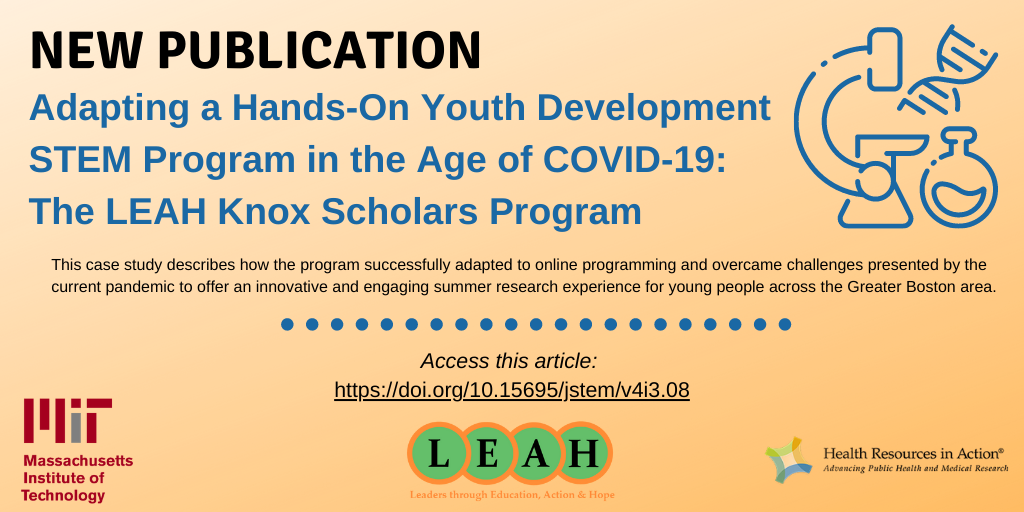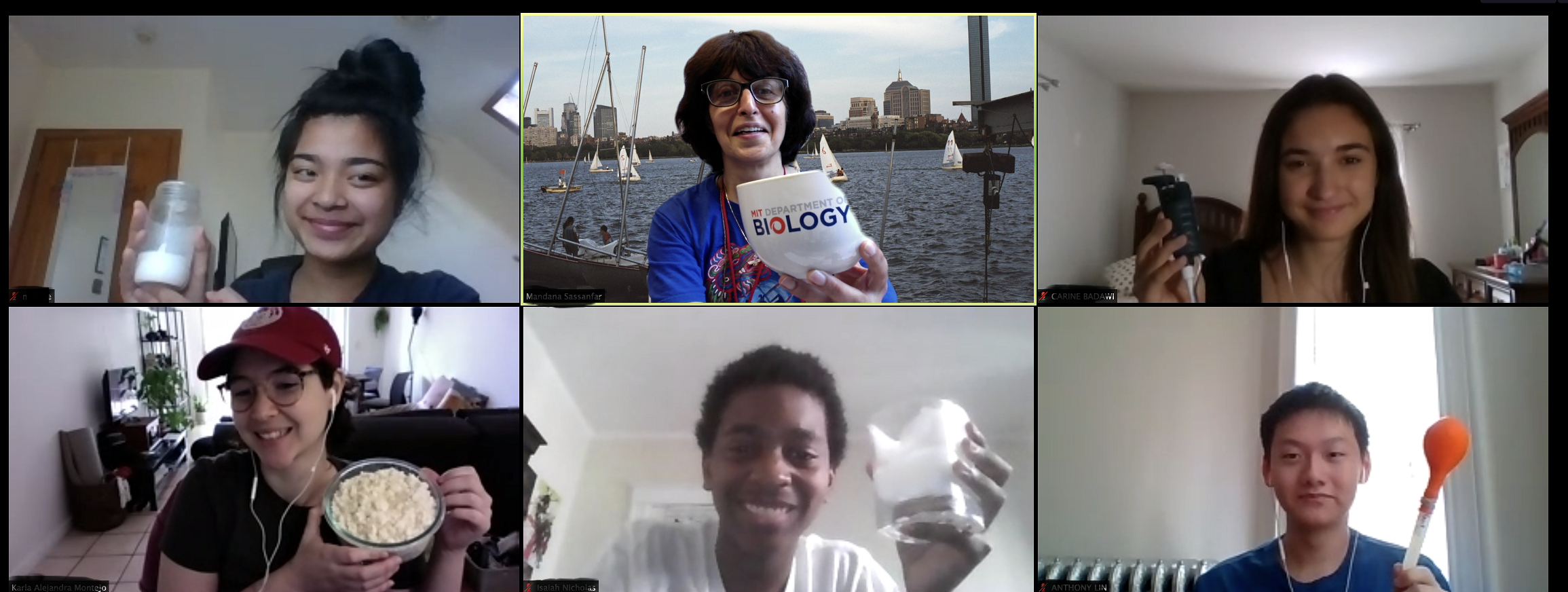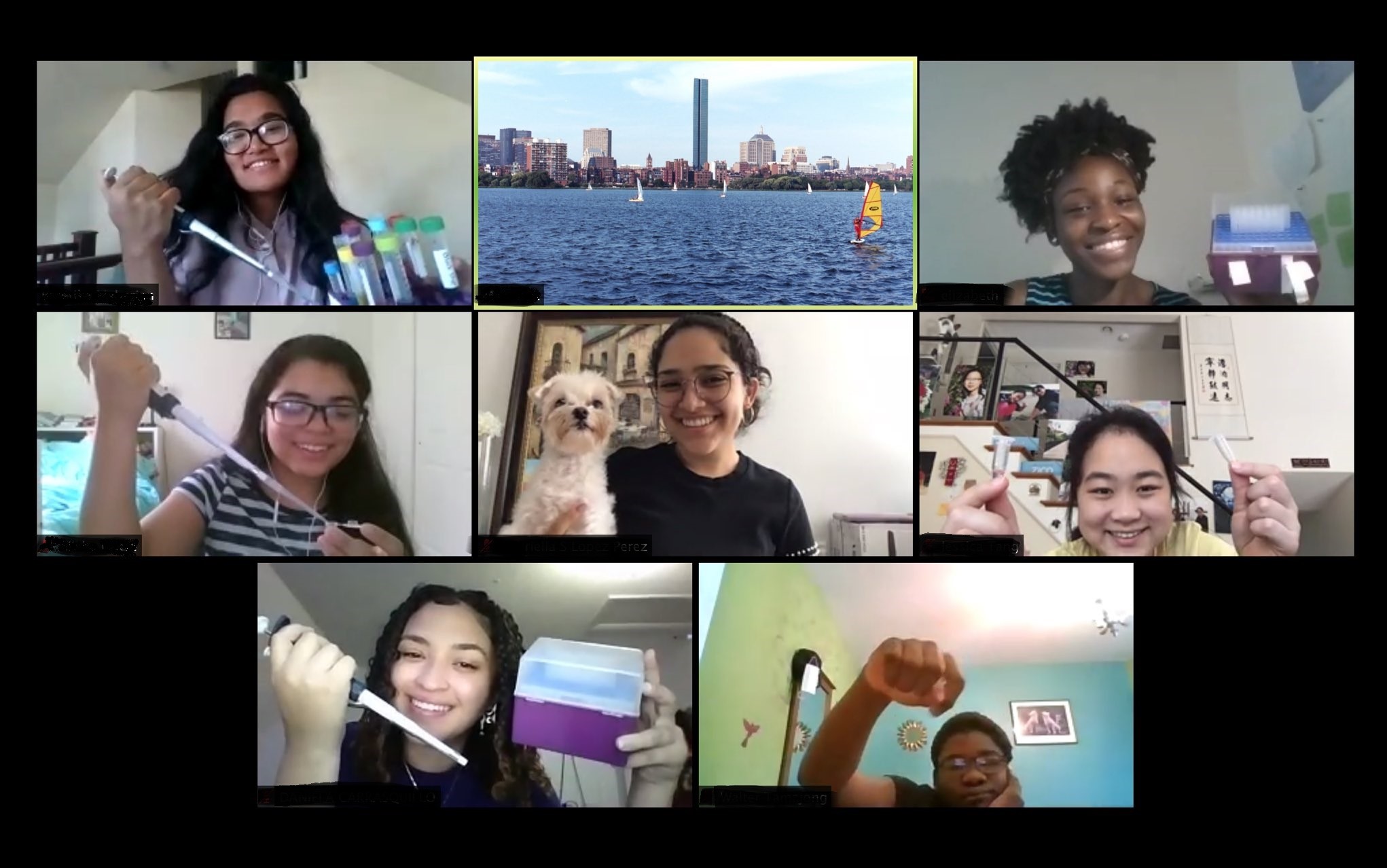
The COVID-19 pandemic dramatically changed the landscape of STEM-based youth development programs in 2020. Public health directives prohibited in-person laboratory experiences for high school students, resulting in many STEM programs significantly adjusting or cancelling their activities. This posed a challenge for the LEAH Knox Scholars (LKS), a compensated summer enrichment program that provides an immersive biology lab experience and college readiness training for low-income, high school youth of color underrepresented in the sciences. LEAH staff were determined to ensure the success of the LKS program in summer 2020 despite the many barriers and successfully implemented the program completely virtually. The results of their hard work is the topic of “Adapting a Hands-On Youth Development STEM Program in the Age of COVID-19: The LEAH Knox Scholars Program,” a peer-reviewed article published in the Journal of STEM Outreach in August 2021. This case study illustrates how LEAH staff members went above and beyond to deliver an engaging and valuable program for their #FamiLEAH.
This evaluation illuminated two key findings from the virtual implementation of the LKS program:
- Efforts to implement “at-home” research opportunities are important to eliminate disparities
and promote equity and inclusion in STEM fields. - Addressing social-emotional needs for vulnerable communities is especially critical during adverse circumstances like COVID-19.
Lisa Aslan, Director of the LEAH Project, spoke to these findings based on her experience.
“In the virtual world, our youth development approach became even more critical to building youth’s sense of ownership and belonging to the program. That community is what buoyed us through the pandemic,” Aslan shared. “Despite limited resources, we were able to be quite innovative with regards to the lab experiences we were able to provide to young people in their homes.”
While so LEAH staff tackled the problem of reworking lab experiments to be done in the home, others focused on the logistics of getting the supplies delivered to the Knox Scholars. Laurie Jo Wallace, Managing Director of Training & Capacity Building, shared a reflection about supporting LKS in summer 2020:
“One of the great joys of work in community and with youth are the simple but satisfying tasks I have volunteered to do and participated in over my years at HRiA. One of these was indeed the great ‘drop-off’ of science bags to the LEAH Knox Scholars youth in the Summer of 2020, when it was deemed too dangerous for them to travel on the T [MBTA subway] to pick up these bags; bags full of items that allowed them to at least have some hands-on lab experiences in their own homes! So, I dropped off and picked up about 15 of these bags. And in doing so, I made personal connections with the new youth face-to-face (with masks, of course) and sometimes met their parents, caregivers, siblings, and dogs; saw where they lived; and broke up another virtual day for them and for me.
“At the end of the summer, we hosted a BBQ at my house with the graduating seniors from this very same group (with masks again!). I’ll fondly remember that group of youth and how we made it through COVID together.”
Read more about how the LEAH Knox Scholars thrived during summer 2020 in the article.
The LKS program was established in 2017 and is led by the LEAH Project (a program of HRiA) in partnership with the Massachusetts Institute of Technology (MIT). This project received funding from a Science Education Partnership Award from the National Institutes of Health, the Massachusetts Life Sciences Center, the Amgen Foundation, and the Biogen Foundation.



